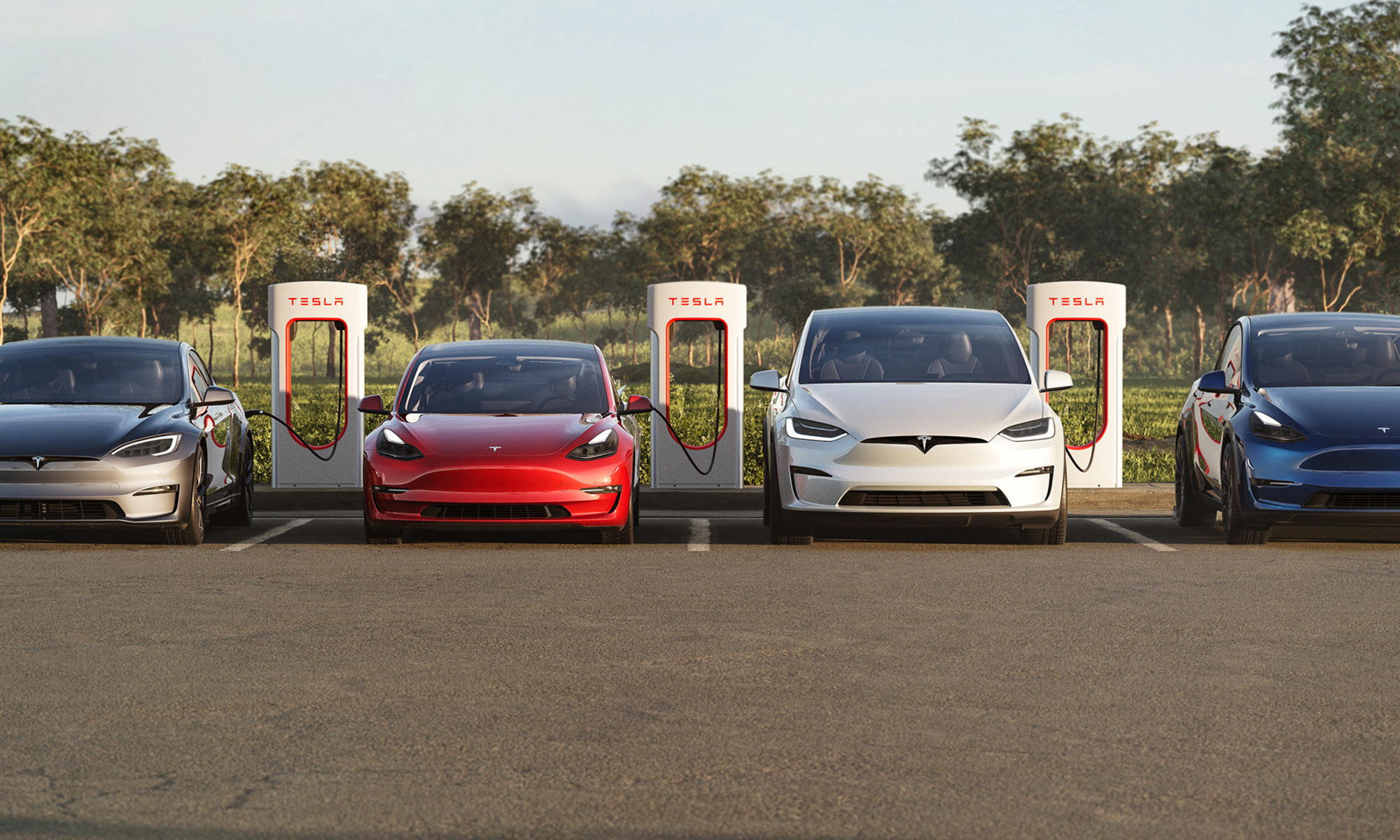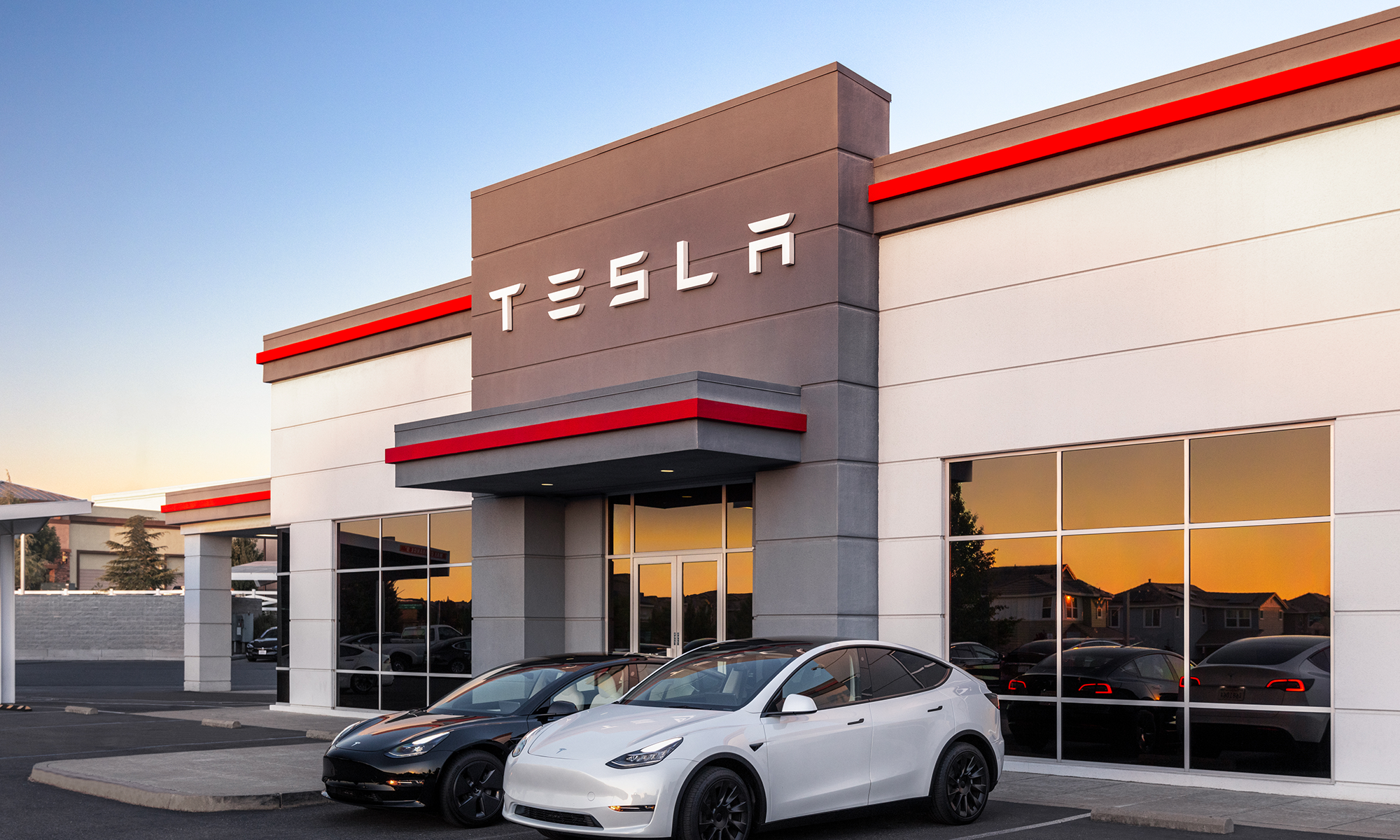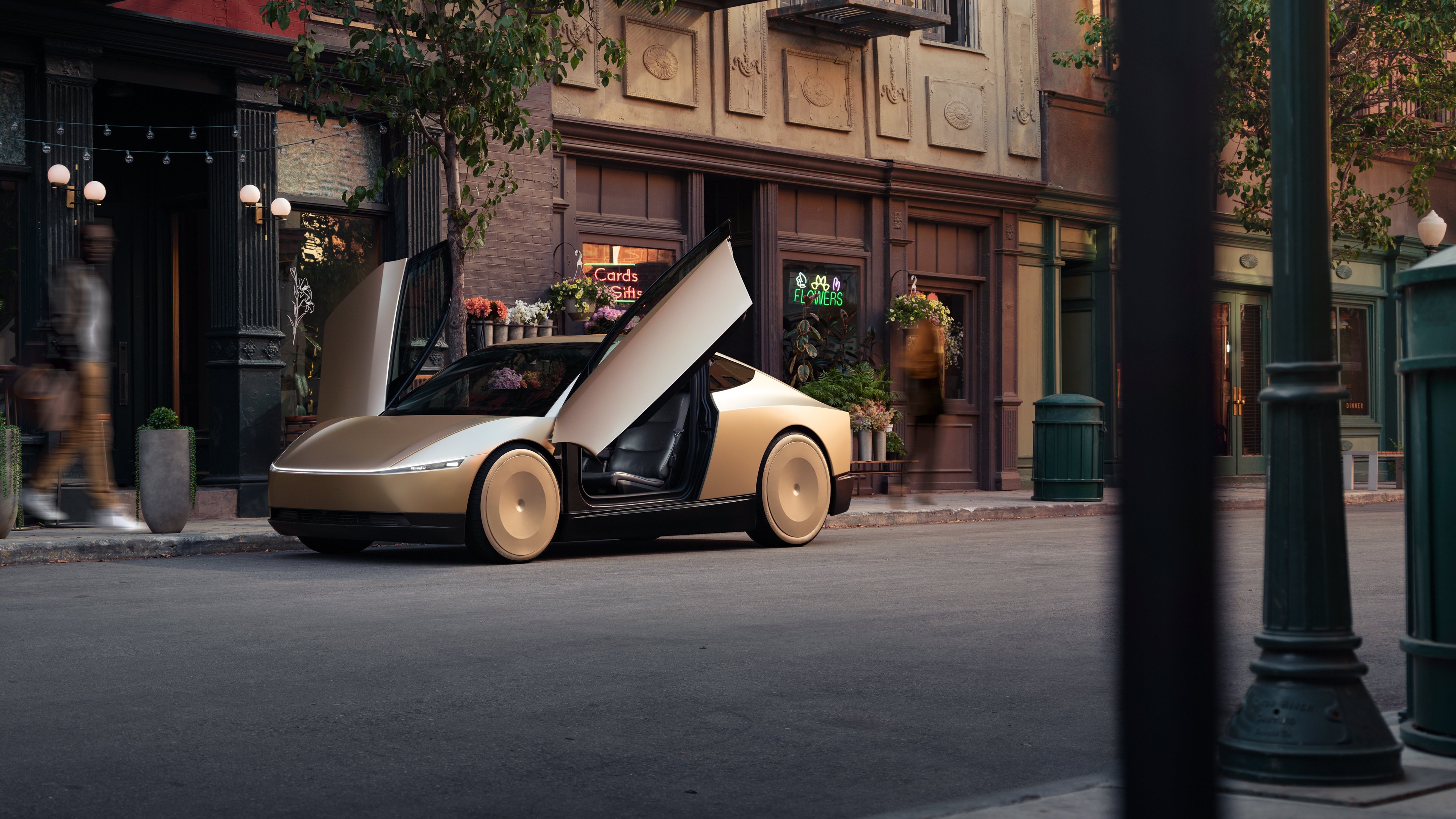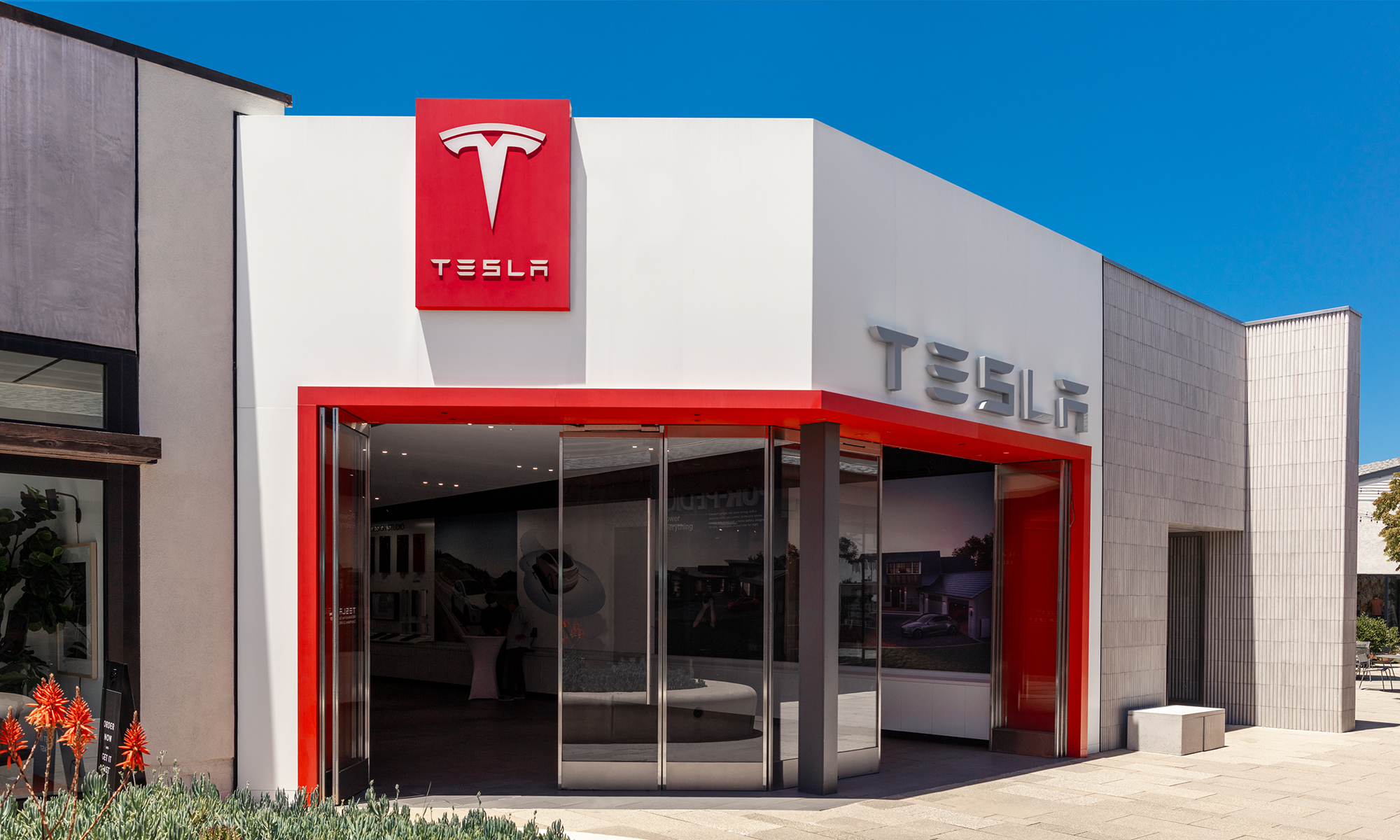Surviving as a car manufacturer these days requires more than just strong domestic sales. Today, auto companies must be multinational powerhouses if they hope to stand a chance in the auto industry. Tesla Motors (TSLA 3.06%) is no exception. If the electric-car maker wants a real shot at success, it needs to expand its global footprint.
The road less traveled
Tesla has gotten a lot of attention lately thanks to its disruptive retail strategy. Unlike traditional automakers, such as Ford (F 0.74%) and BMW, Tesla doesn't distribute its cars through existing franchise dealerships. Rather, Tesla is opening stores in malls around the world to display its new zero-emissions Model S.
However, Tesla is discovering that changing the rules of retail for a century old industry won't be easy. At the end of last year, auto-dealer groups in New York and Massachusetts smacked Tesla with lawsuits for violating so-called state franchise laws. Fortunately, for Tesla, a Massachusetts judge denied the dealers' request to stop Tesla from operating its Boston location.
This was a big win for the EV maker as it gets ready to open new stores, not only in the United States but also worldwide.
Going global
The Silicon Valley-based company finished 2012 one step closer to its goal of worldwide distribution for the Tesla Model S. In December, Tesla pulled the curtain back on its new European Distribution Center in Tilburg, the Netherlands. The facility is now Tesla's European service and distribution hub. According to a company press release, general production of European left-hand drive Model S cars is on schedule to begin this month.
As for retail locations in this region, Tesla currently has nine stores in major European cities, including Milan, Paris, and Frankfurt. In fact, international orders now make up about 25% of Tesla's Model S reservations. Not to mention that Tesla plans to expand its operations in Asia this year. The company currently has just two stores up and running in the Asia-Pacific market, one in Hong Kong and the other in Tokyo.
Tesla should see strong sales of its gas-free cars abroad, helped in part by soaring gas prices and rich government incentives for drivers of electric cars. In the Netherlands for example, EV drivers benefit from a laundry list of local encouragements, including use of bus lanes, free parking and charging, no road tax, no BPM tax, 136% flexible corporate write-off, MIA-regulation -- to name a few. Besides government incentives, Tesla's awe-inspiring showroom stores shouldn't have any trouble attracting visitors.
New market opportunities
One of the masterminds behind Tesla's controversial retail strategy, George Blankenship, confirmed last month that Tesla will open its first store in China this spring. As the world's largest market for auto sales, China is an important piece of the puzzle for Tesla.
If these new stores attract even a fraction of the attention they have in the U.S., it will be a success for Tesla. To that end, 1.6 million people visited a Tesla store in North America during the fourth quarter. This is impressive, considering Tesla had only 22 locations open during that period. This compares with literally thousands of Ford or General Motors dealerships in North America.
Not only do traditional automakers benefit from economies of scale -- something Tesla does not -- but they also have massive dealer networks to help market and distribute their cars and trucks. Ford sold 5,695,000 vehicles worldwide in 2011 through such dealership channels. That's a level that Tesla can't even dream of reaching at today's rate. However, widespread distribution overnight is not Tesla's intention at this stage in the game.
Tesla, which owns its sales and service network outright, is betting on a new car buying experience that centers on the customer. By calculatedly placing its stores and galleries in high foot traffic areas, such as shopping malls Tesla is inviting people to learn about and interact with its Model S in a no-pressure type of environment.
Having visited several of their store locations in Miami, D.C., and Chicago, I'd say Tesla's strategy looks to be paying off. During each of my visits, the stores were packed with potential customers whom seemed eager to learn more about Tesla's high-tech cars. This is a good sign for the company as it expands its reach overseas in the year ahead.
The takeaway
In addition to doubling their stores count in 2013, Tesla is also on track to boost production of its vehicles by 25% this year. In one sense this will help Tesla reservation holders get their new zero-emissions cars faster. In another, it should help the company reach profitability sooner than previously expected.
All of these factors bode well for Tesla's stock performance going forward as well. Shares of Tesla are up more than 5% year to date and trade around $36 apiece. Moreover, I suspect the stock will climb higher in the quarters to come, as the company's retail strategy begins to play out.








